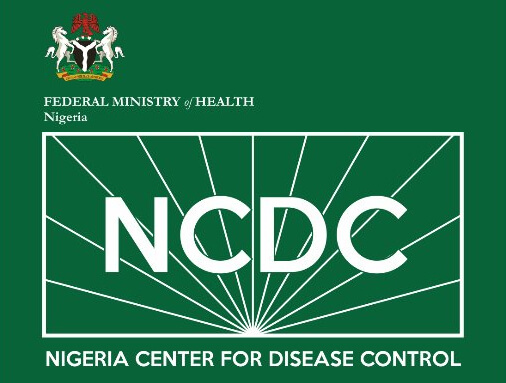Dr. Jide Idris, the Director-General of the Nigeria Centre for Disease Control and Prevention, announced on Tuesday that the agency has launched an investigation into a mysterious illness identified in six wards within Sokoto State.
Dr. Idris stated that a National Rapid Response Team has been deployed to collaborate with the Sokoto State Ministry of Health in addressing the situation.
Speaking at a press conference in Abuja, Dr. Idris revealed that the agency was alerted by the state health ministry on March 21, 2024, regarding cases involving children showing symptoms such as abdominal distension (ascites), fever, vomiting, and weight loss in Isa Local Government Area.
He highlighted that the majority of cases involve children aged four to 13 years, as well as some adults residing in different wards and settlements across the LGA.
He said, “The NCDC deployed a National Rapid Response Team to work with the State Ministry of Health to further investigate and respond to this incident. So far, a total of 164 suspected cases have been identified in six wards of Isa LGA Bargaja (22), Isa North (17), Isa South (98), Tozai (12), Tsabre (4), and Turba (11). Unfortunately, four deaths have been recorded among the suspected cases.
“A similar incident was previously documented in 2023, also without a definitive diagnosis.
“Currently, two suspected cases are currently receiving care in Uthman Dan Fodio University Teaching Hospital in Sokoto, and one case was discharged on account of improved symptoms. Four other suspected cases are also on admission at the Isa General Hospital, while about 130 cases are also receiving care either within the Primary Healthcare Centres or home care in the affected LGA.”
“Results of the initial test for heavy metals for the index and first few suspected cases revealed different blood levels of lead and Chromium.
“Observed activities in the affected communities include mining, agricultural practices which involve the use of various types of chemicals and pesticides, the health-seeking behaviour, and practices of the communities which may be detrimental to people’s health.
“In this regard, various samples of materials have also been taken and dispatched for analyses, including blood, abdominal fluids, environmental samples like soil and water, locally grown food produce including vegetables and grains, substances and ingredients used for food and drinks, pesticides and chemicals used in local guns,” he said.











Leave a Reply